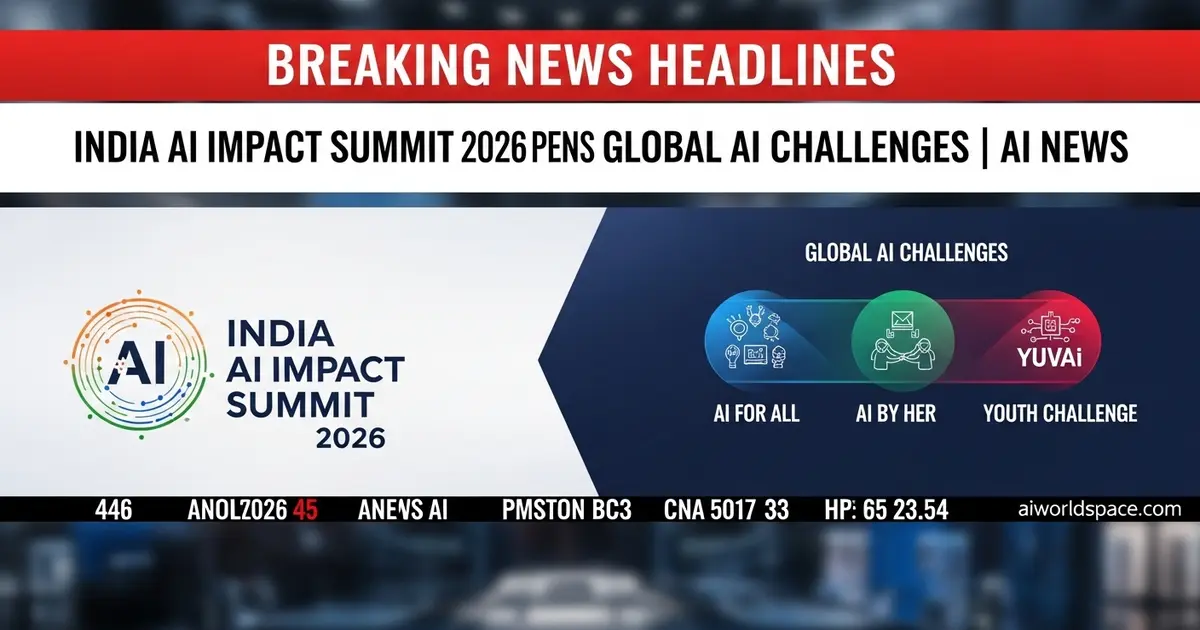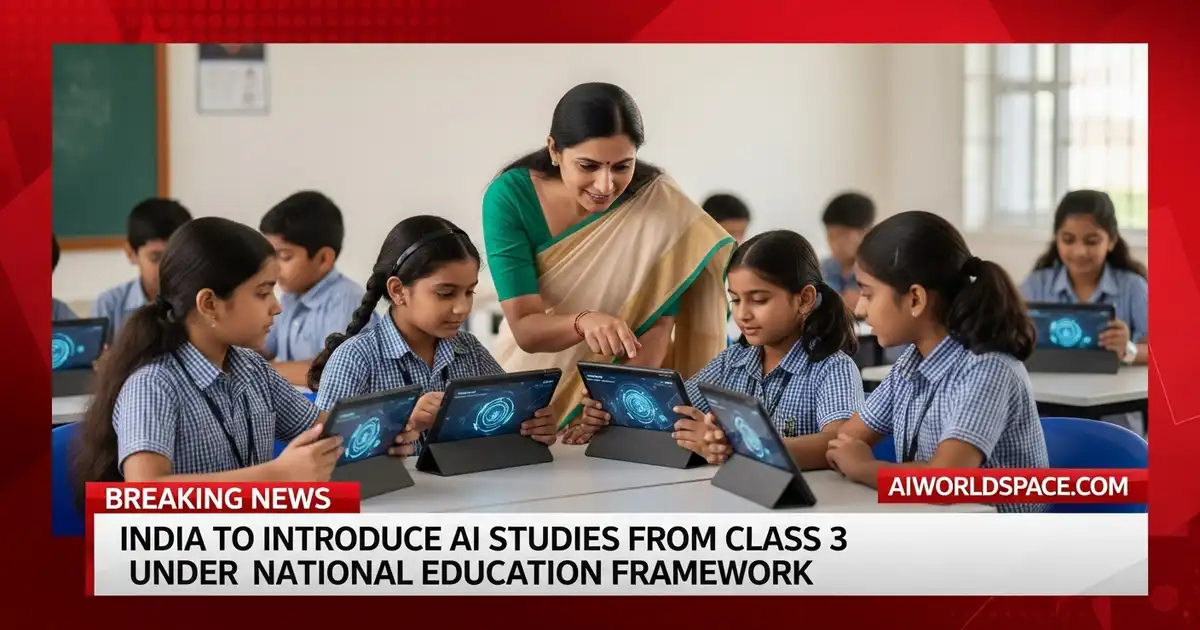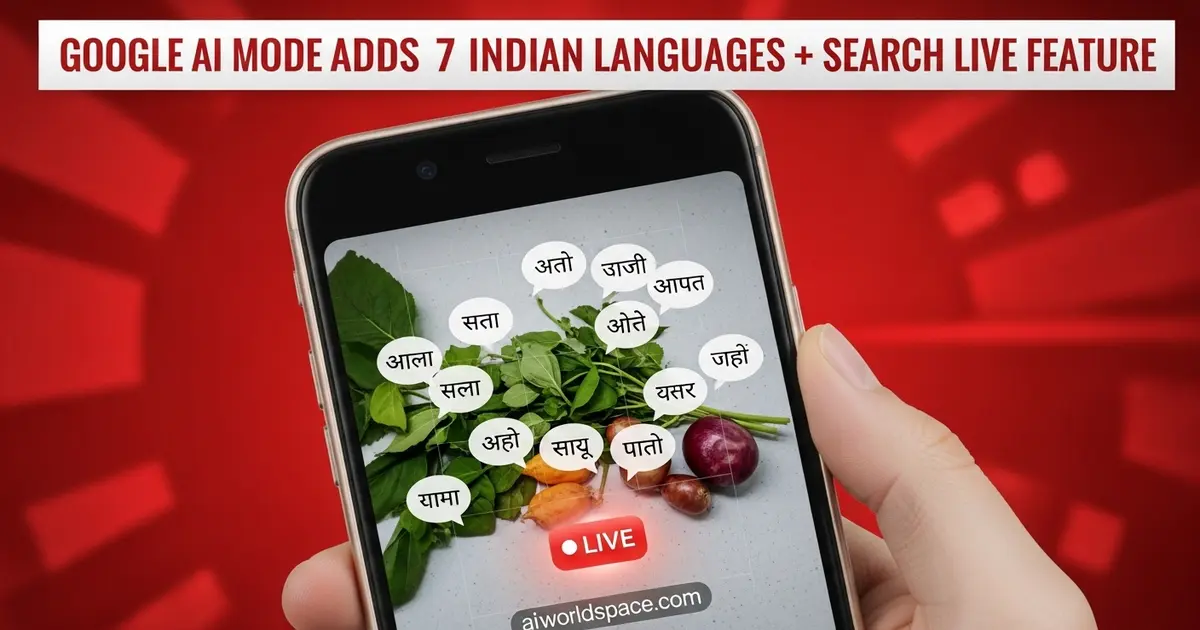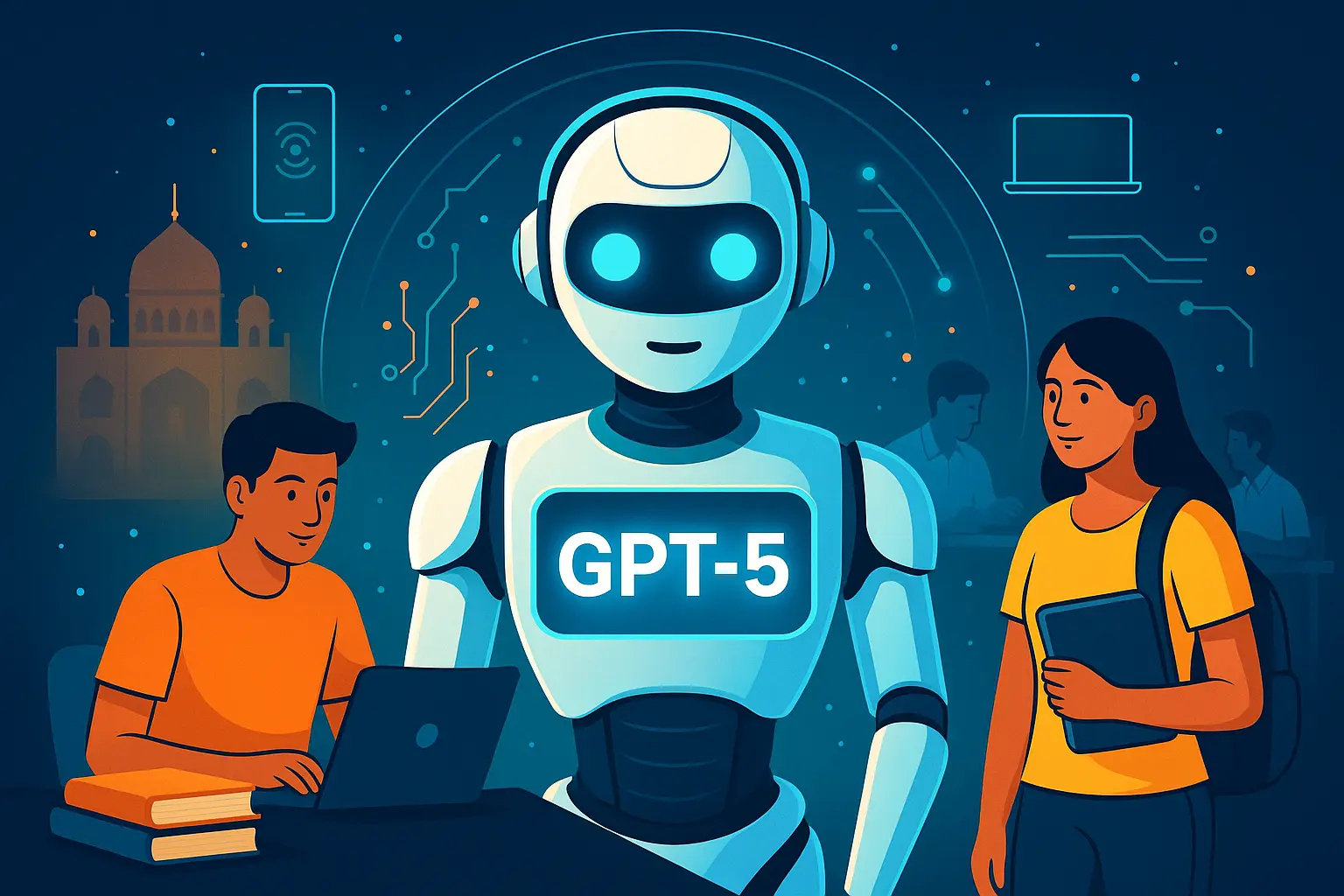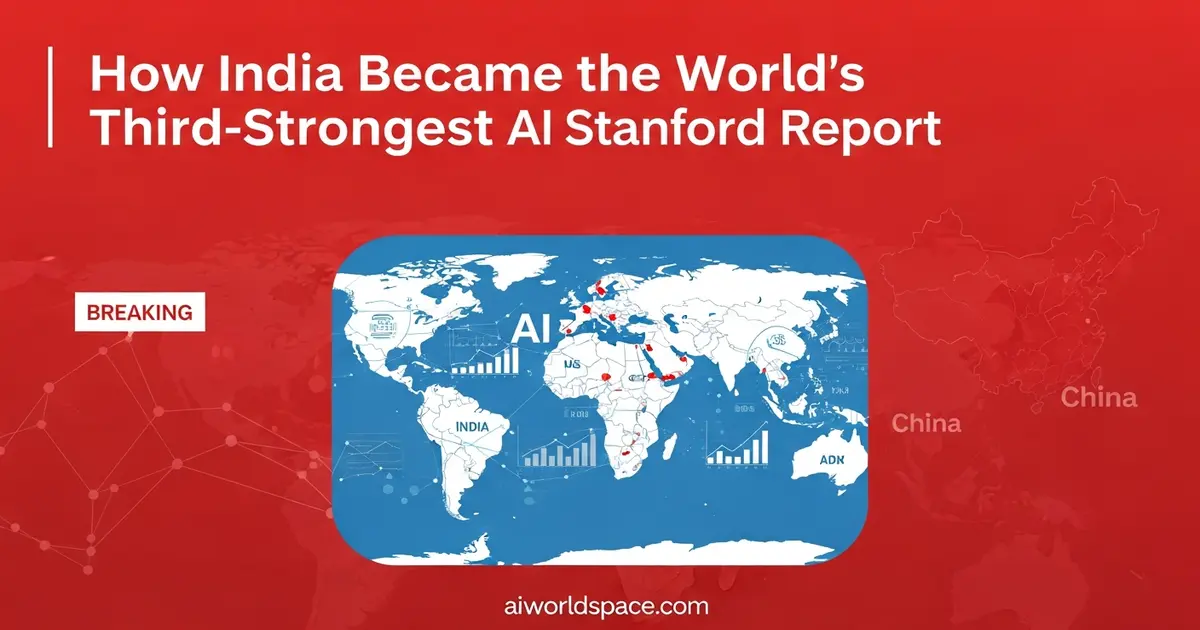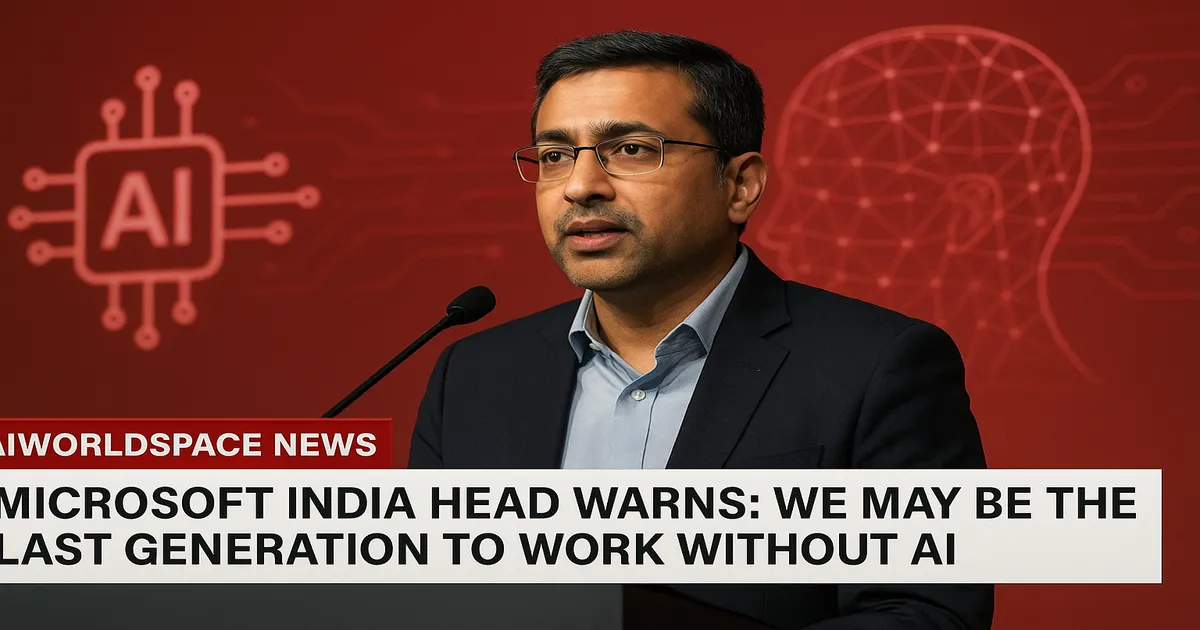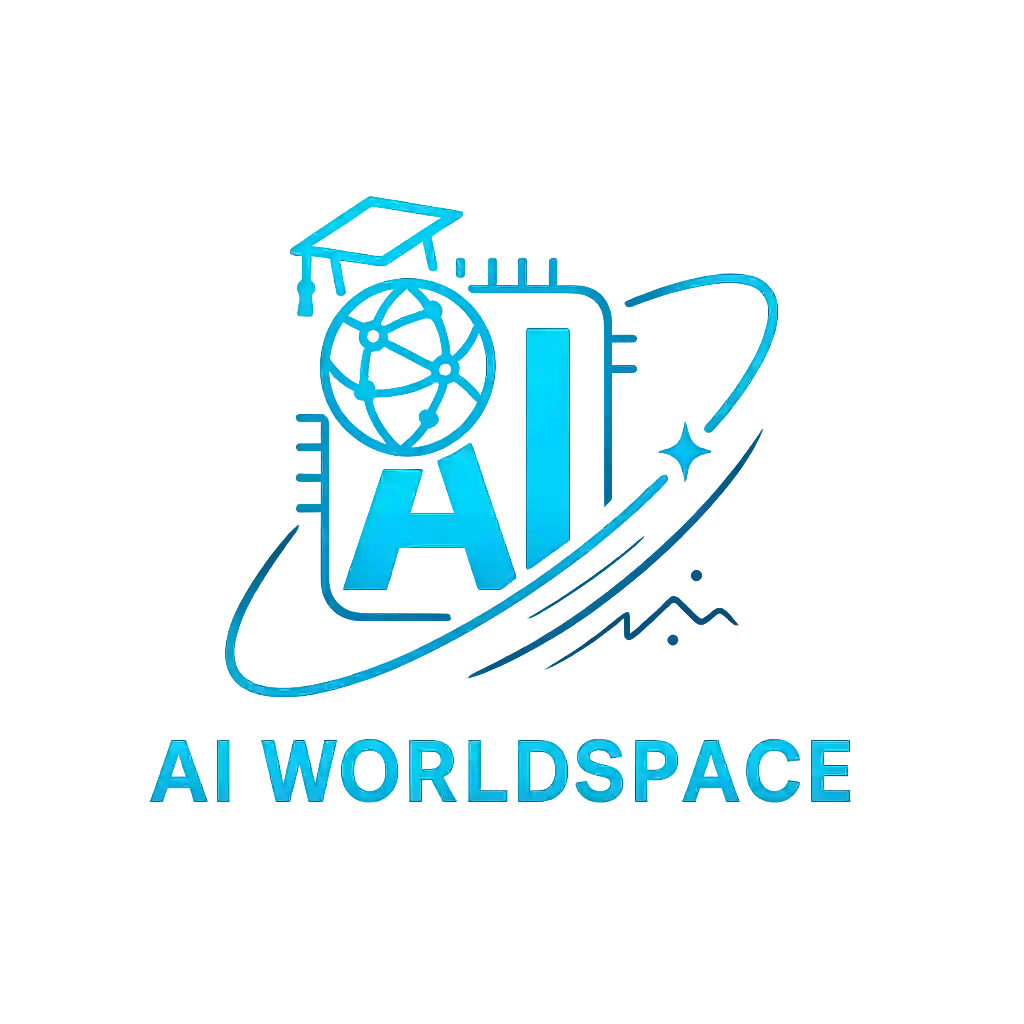New Delhi | September 17, 2025 | 3 min read
Summary:
A new SwissCognitive report highlights India’s growing role in addressing one of AI’s biggest flaws — hallucinations. From startups to research labs, Indian teams are developing tools to make large language models (LLMs) more reliable and less prone to misinformation.
When AI systems like ChatGPT or Gemini make confident but false claims, the tech world calls it a “hallucination.” Now, a global update from SwissCognitive, an international AI think tank, says India is beginning to play a critical role in fixing this issue.
Read In Hindi - क्या भारत ने खोज लिया AI के ‘हैलुसिनेशन’ का इलाज?
The report points to a surge of projects and collaborations emerging from Bengaluru, Hyderabad, and Delhi, where startups and institutes are refining how AI models process and verify information.
Why is India Becoming Central to AI’s Hallucination Fix?
According to the report, Indian companies are experimenting with hybrid AI approaches that combine machine learning outputs with fact-checking layers and trusted databases.
This reduces the chances of AI generating fabricated responses, particularly in fields like healthcare, legal services, and customer support, where accuracy is non-negotiable.
Experts say India’s advantage lies in two factors: access to vast multilingual datasets and a thriving developer ecosystem. With over 22 official languages and a massive pool of engineering talent, India is uniquely positioned to train AI systems that handle diverse contexts while avoiding errors.
Beyond Research: The Business Edge
Indian startups are already building enterprise-facing tools that promise “hallucination-free” AI. For example, fintech firms are piloting AI assistants that can reliably answer compliance queries, while edtech platforms are testing AI tutors that cite verified academic sources. Analysts believe such innovations could soon be exported, giving Indian firms an edge in global AI markets.
SwissCognitive notes that while the US and Europe lead in high-end AI infrastructure, India’s contribution to solving hallucinations could be equally transformative. “This is not just a technical problem, it’s about trust,” the report states, hinting that whoever fixes hallucinations at scale could define the next chapter of AI adoption.
The Bigger Picture
As AI becomes deeply embedded in daily life, the fight against hallucinations will decide how far users are willing to trust machines. For India, this is both an opportunity and a responsibility: to build tools that make AI smarter, safer, and more transparent.



